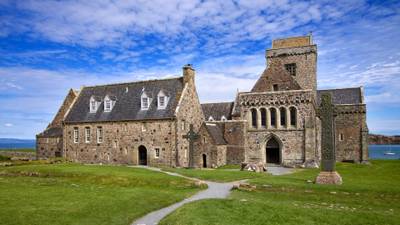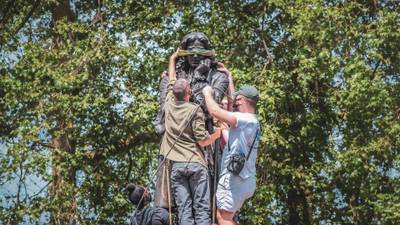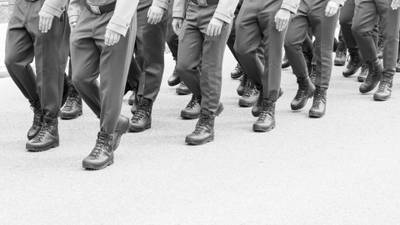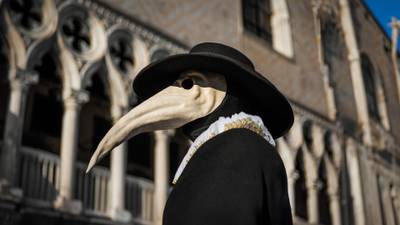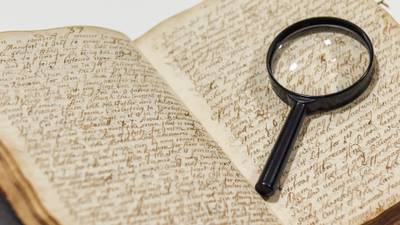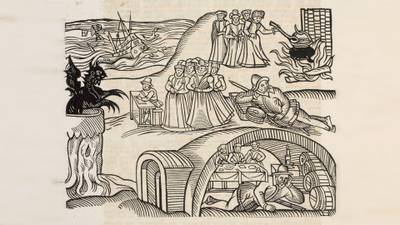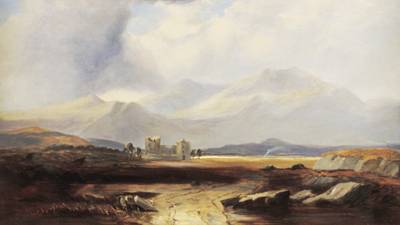Study the history of Scottish emigration with our supportive expert team.
For many people over the centuries, growing up in Scotland has been about preparing to leave their homeland.
Find out about the generations who have emigrated from Scotland:
- who they were and why they went
- where they settled or spent time
- and the long-term impact for Scotland and the communities in which they made new homes.
Learn to work with many sources and grow your analytical skills as you come to see the real people beyond the stereotypes that have sometimes dominated narratives of emigration and settlement.
Engage with fascinating treasures and unrivalled expertise in Scotland’s rich written, visual and oral past, from the 18th century to the present day. Gain a global view, connecting this rich history and heritage with today’s Scottish diaspora.
Who can join this online Scottish history course?
This distance learning history course is for anyone, anywhere in the world, with a professional or personal interest in Scotland’s history and her people.

Build credits towards a Masters degree
This online course is part of:
You can use the credits you earn on this short course towards this MLitt qualification.

This course caused me to question how, as a member of the Scottish Diaspora, I could better contribute to society. Understanding the different waves of emigration over a 250-year period provides such wonderful insights into contemporary society.
Robert McGregor, MLitt Scottish Heritage student, Chief Investment Officer and Executive Director (Philippines)
What you’ll study
Through a rich selection of literature, visual and oral history you’ll engage with the motives and experiences of emigrants and sojourners in the Scottish diaspora, and connect their themes back to Scotland.
You’ll cover topics including:
- historiographical debates, how historians study the Scottish diaspora
- causes and consequences of late-18th-century emigration from Scotland
- the Highland and Lowland Clearances
- the ‘recruitment business’
- Scots in England
- journeying to new lands
- the inter-war exodus from Scotland
- the significance of return migration
- strengths and weaknesses of emigrant testimony as a source
- the diaspora in literature, religion and popular culture.
The focus of the course can also be adapted to you and your own connections to Scotland. Depending on your interests, particular attention may be paid to Scottish settlement and its impact in a specific location, such as the USA, Canada, New Zealand, or Australia.
Choose the University of Aberdeen for online Scottish history courses

1st in Scotland for History
Our History department is ranked 1st in Scotland for overall student satisfaction in the National Student Survey 2024.

Award-winning online teaching
Course coordinator, Marjory Harper, holds a Postgraduate Award for Excellence in Teaching for inspirational and online teaching.
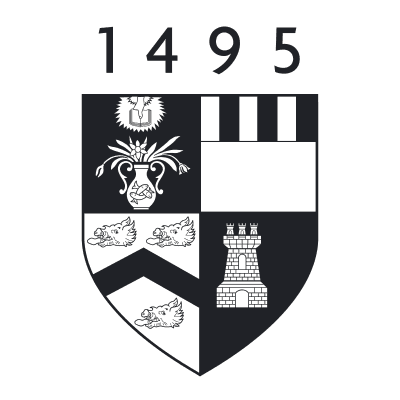
Over 525 years of excellence
Study with the fifth-oldest university in the English-speaking world, founded in 1495.
How you’ll study
Online learning
This distance learning Scottish Diaspora course is delivered flexibly, 100% online.
You can learn with us anywhere in the world, no student visa required, and manage your study hours to suit you.
Your teaching
This course is taught at Masters level.
Teaching is delivered through MyAberdeen, our online Virtual Learning Environment (VLE). It holds all the materials, tools and support you’ll need in your studies. Take a look around MyAberdeen.
You can access your learning materials on computer, smartphone and laptop, 24 hours a day. You’ll find a range of online resources available, including:
- video lectures
- audio clips
- presentations
- reading materials
- discussion boards with your tutors and peers
- online access to our remarkable University Collections and award-winning Sir Duncan Rice Library.
The main interaction on the course takes place through the online discussion boards. You’ll interact with each week’s subject through these discussions. Typically, there will be 8 – 10 discussion questions set each week.
Unique archive access
You’ll enjoy access to a rich stream of written, visual and oral source materials from within the University and across Scottish archives.
You’ll be able to explore our outstanding University Collections and the Sir Duncan Rice Library online. These ancient Scottish records, manuscripts, prints, photographs and literary collections of leading Scottish writers and poets. Treasures include a large Jacobite collection, works of the Scottish Enlightenment, and one of the best collections of Sir Walter Scott’s work.
Your tutors
This course is delivered by the School of Divinity, History, Philosophy and Art History.
You’ll learn from academics with world-leading expertise in Scottish emigration.
You’ll be assessed entirely online via:
- a reflective journal, where you submit a 400-word entry every second week of the course. This will total six submissions and accounts for 60% of your final mark
- a 2,600-word essay in week 12. This accounts for 40% of your mark.
This course totals approximately 300 hours of study and assessment time.
That’s around 15 – 20 hours per week in regular topic work and independent study, with more time required around assessments.
This is an indicative guide to the time required for a typical student at this level to achieve the learning outcomes. This includes time for independent study, as well as teaching and assessments.
You can largely set your own study hours to cover the materials. MyAberdeen is available 24/7, so you can log in and study when it suits you.
Activities at fixed times
There may be some activities scheduled at fixed times, such as online meetings with your tutor or assessments with deadlines. But otherwise, you can access and work through the course at your convenience.
Our first-class support structure will ensure that you aren’t alone in your studies.
You’ll have contact with your coordinator via email, MyAberdeen, Microsoft Teams, or phone. You can use social media and discussion boards to chat with your fellow students too.
We provide a wide range of services to support you in your studies and beyond:
- Careers and Employability Service
- Disability support
- IT support
- Library support
- Student Support Service – help with finances, wellbeing and non-academic issues
- Student Learning Service – study support, with advice sessions available
- Aberdeen University Students’ Association (AUSA) – run by students for students
- Toolkit – clever apps and free training that can make your study life easier
Wherever you are in the world, you’ll feel part of our very special Aberdeen learning community.
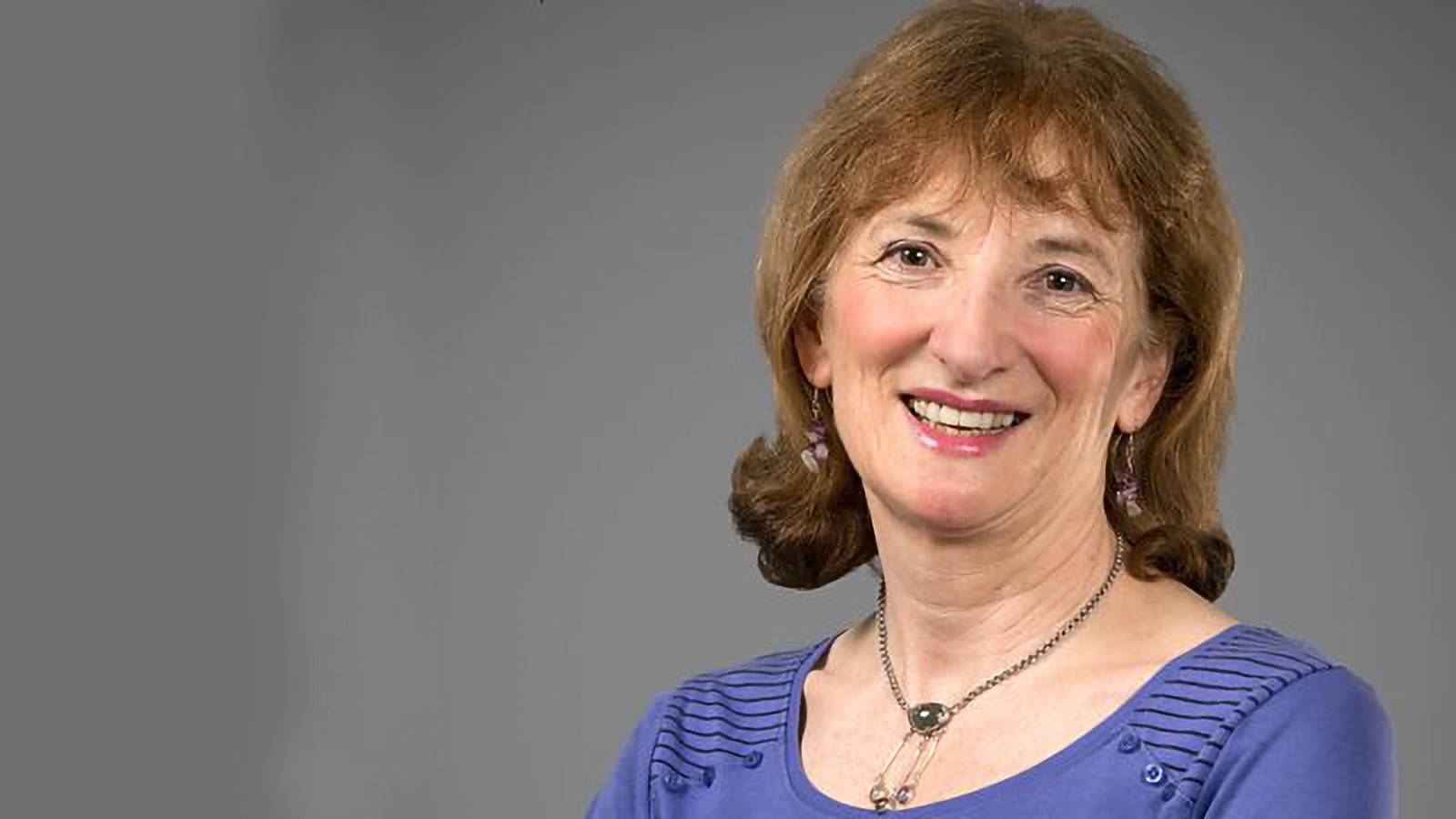
Your course coordinator
Professor Marjory Harper is a Professor of History. She’s travelled the world researching Scottish emigration.
Her work in this field has led to appearances on BBC Radio 4 and Radio Scotland and a Saltire Scottish History Book of the Year award. Listen to Marjory on BBC Radio 4.
Marjory holds an Excellence in Teaching award for her innovative and supportive online teaching.
Where this will take you
Towards a Masters degree
You can use the 30 Masters-level credits you’ll earn with this course towards our:

Masters in Scottish Heritage
Explore the rich history, art and philosophy of Scotland and its people. Access rare archive treasures and award-winning online teaching, with this flexible online Masters.
View MLitt Scottish HeritageBuild your learning
You’ll earn 30 credits at Masters level (SCQF Level 11) with this course. It’s one of several Scottish Heritage short courses that we offer online:
- Approaches to Research: Archives and Sources
- Jacobite Scotland: Cultures, Identities, Legacies 1688-1830
- Pandemics and Plagues: History’s Deadliest Diseases
- Scotland: A Millennium of History
- Scottish Church History: From Columba to Graham
- Scottish Visual History
- Scottish Witch-Hunting and the Rise of a Protestant Culture 1590-1690
- The Philosophy of the Scottish Enlightenment

Free career support
Access our free careers service while you study.
- 1:1 appointments
- CV checks
- Interview prep
- Job opportunities
Entry requirements
Entry requirements
We welcome students from all over the world.
This course has no formal entry requirements. You do not need to provide proof of your qualifications.
But you do need to check the entry guidance above to understand the level of teaching delivered, to decide if this course is right for you.
If you do not have qualifications from the UK, check the equivalent teaching level for your country.
Visa requirements
You do not need a student visa to study online with us.
English language requirements
Teaching is delivered in English.
You do not have to provide proof of your English language skills to join this course. But we want to make sure that you can use English well enough to study successfully.
Recommended level of English
This course uses our Postgraduate Higher level of English language proficiency.
These are our Postgraduate Higher requirements, and these are minimum scores.
IELTS Academic, IELTS UKVI Academic, or IELTS Online (not IELTS Indicator or IELTS General Training)
- 6.5 overall
- 5.5 for listening and speaking
- 6.0 for reading and writing
TOEFL iBT or TOEFL iBT Home Edition
- 90 overall
- 17 for listening
- 21 for reading
- 20 for speaking
- 21 for writing
- TOEFL DI code is 0818
Cambridge English: B2 First, C1 Advanced, or C2 Proficiency
- 176 overall
- 162 for listening and speaking
- 169 for reading and writing
LanguageCert Academic / LanguageCert Academic SELT
- 70 overall
- 60 for listening and speaking
- 65 for reading and writing
Oxford ELLT Digital – English Language Level Test Online
- 7.0 overall
- 5.0 for listening and speaking
- 6.0 for reading and writing
PTE Academic (online test not accepted)
- 62 overall
- 59 for listening, reading, speaking and writing
Skills for English: SELT
- B2 pass with merit
Duolingo – tests taken from 1 July 2024 onward
- 120 overall
- 95 for listening and speaking
- 105 for reading and writing
University of Aberdeen English Pre-sessional Programme (PSE)
- Pass
- Valid for one year. Refresher can be offered if out of date
Pre-sessional academic English preparation programmes undertaken at other UK universities
- Pass at an equivalent of 6.5 (C1)
- B2 in all four skills
- Certification must be within one year prior to the start of your course
For more information about language qualifications see our English Language Requirements page.
You will need access to:
A computer (PC, laptop or Mac) with an up-to-date operating system
Most teaching materials are smartphone- and tablet-friendly. But we recommend a proper laptop or desktop for completing assignments comfortably.
Reliable internet access
We recommend:
- a wired connection
- a minimum download speed of 2 Mbps so you can take part fully in live sessions.
Speakers or headphones
- We recommend a headset with built-in microphone and earphones if you’re likely to study in an environment with background noise.
- A webcam is optional, but you may like to use one for some interactive sessions.
Software
We’ll give you access to Office365 applications. This means you can use online versions of Microsoft Word, Excel, PowerPoint and OneDrive and install these programs on up to five personal devices.
If your course requires specialist software, we’ll provide you with access to this and a licence that lasts throughout your studies.
See our detailed IT requirements for more information.
When you study with us, you can expect a first-class support structure so that you’re never alone in your studies.
But learning online does mean you have to motivate yourself and manage your own time.
Your most important commitment will be time – the time to work through, reflect on and understand your teaching materials.
Before you start a course that involves a high degree of independent study, we recommend looking at the time you will be able to devote to your studies each week:
- Be realistic
- Create a weekly schedule as a guide
If you have any questions about studying online, get in touch with our friendly team. We’re here to help.
Fee payment
Your course fee needs to be paid in full before you start your course.
We accept payment via Visa Debit, Visa Credit and Mastercard.
Ways to save
You may be able to get help funding this course via:
- discounts – if any discounts are available for this course, they’ll appear in the section below
- employer sponsorship – we accept full and partial fee payments from sponsors.
Find out more about funding options.
Student card
All our students are entitled to a University of Aberdeen student card. This gives you access to a range of student discounts around the city and online.
This course has no formal entry requirements. You decide if it’s suitable for you.
The course is delivered at Masters level. At this level, you’d usually have at least
- a 2:2 UK honours degree (or equivalent), or
- relevant experience that supports this level of study.

